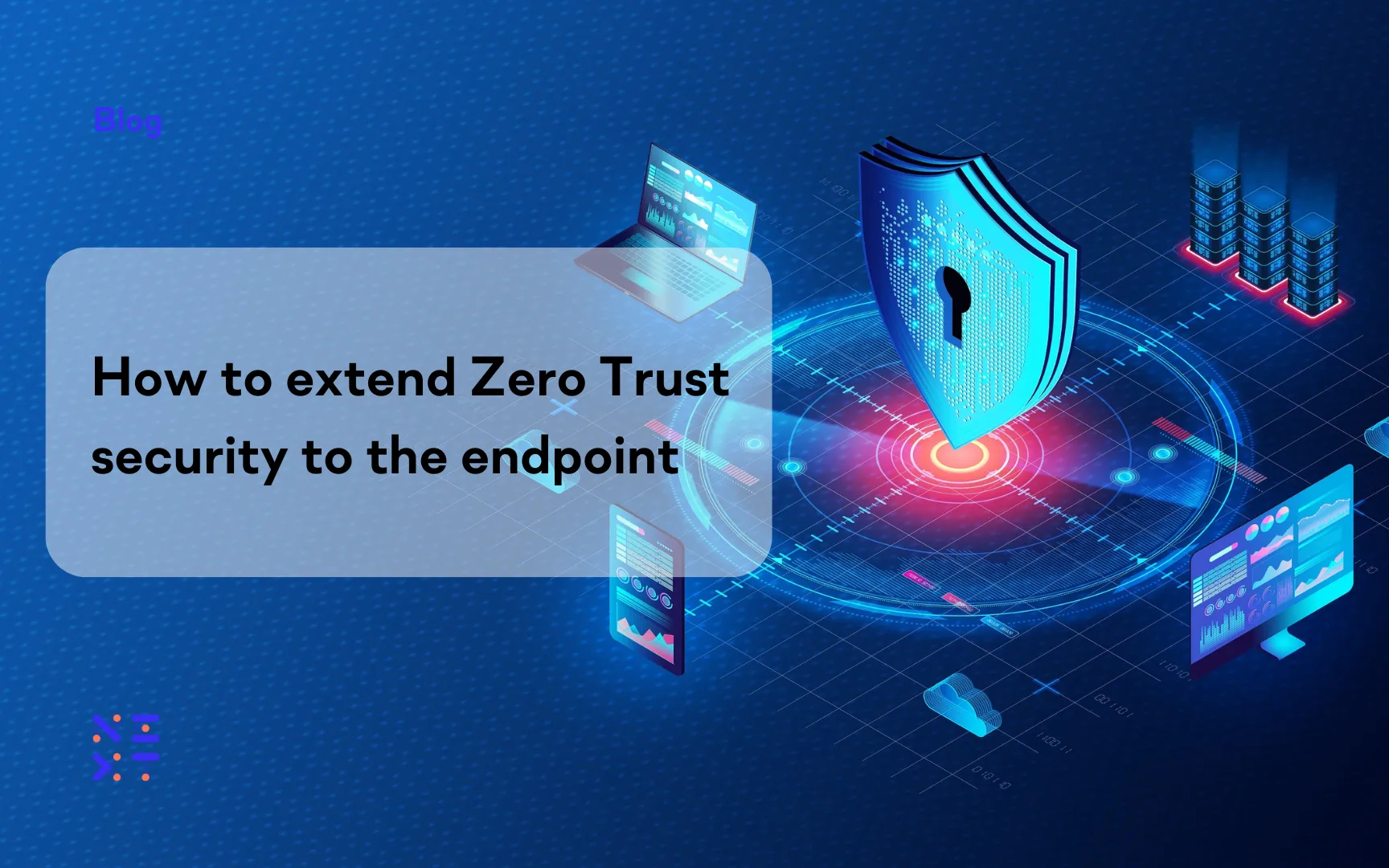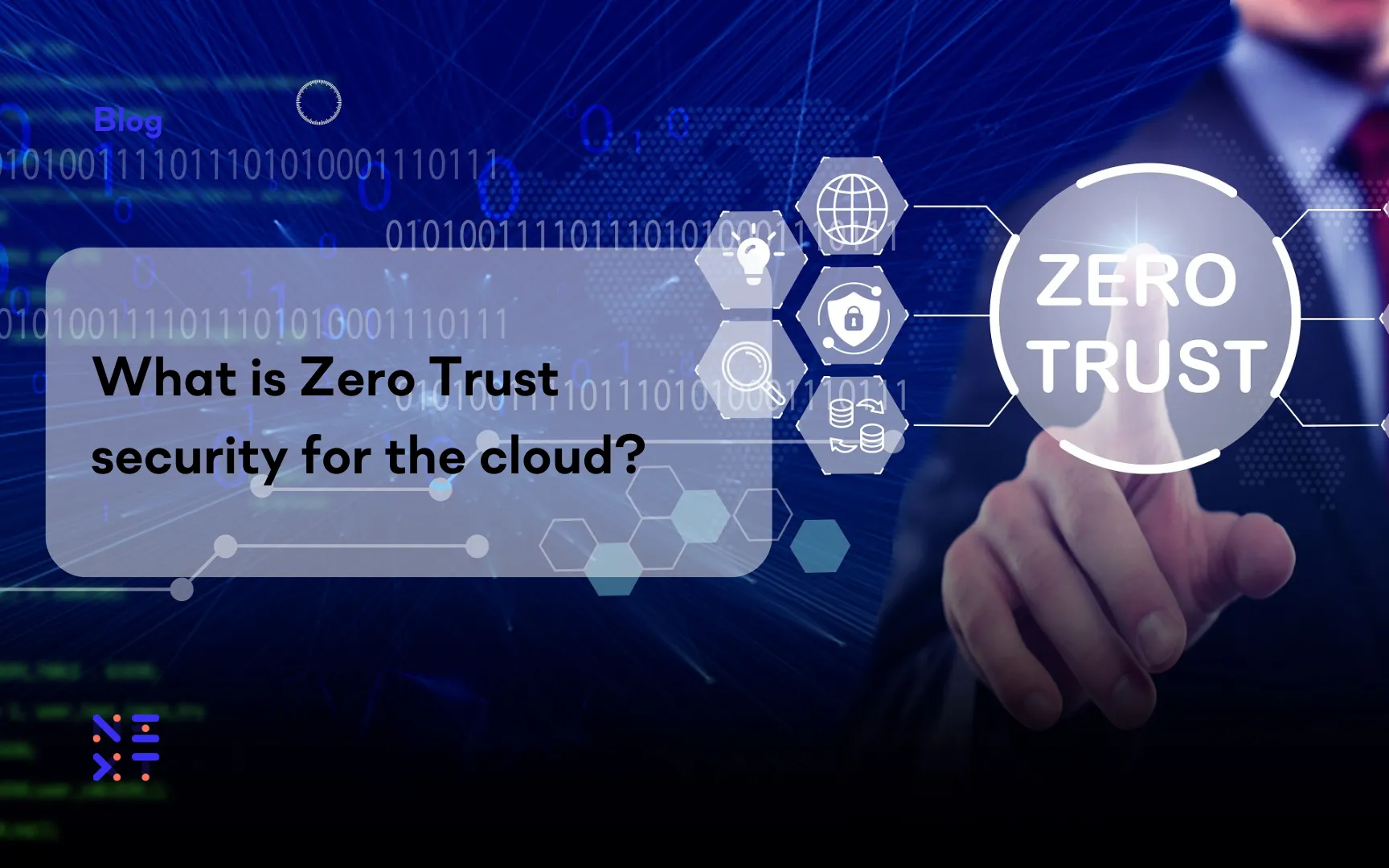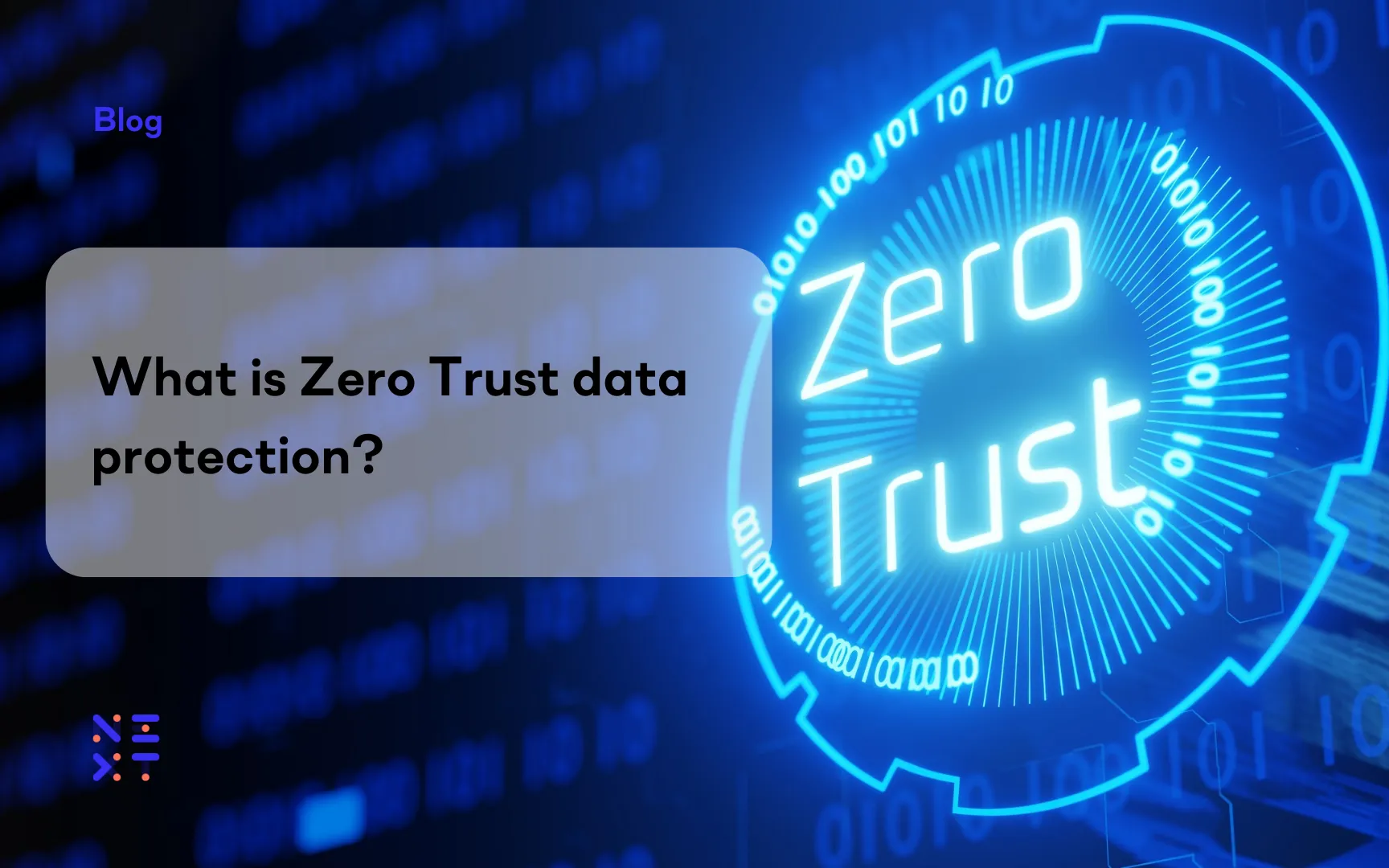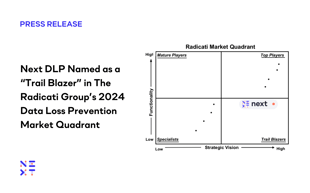Fortinet Acquires Next DLP Strengthens its Top-Tier Unified SASE Solution
Read the release
As a care provider or business associate, it’s your ethical and legal responsibility to protect patients, including their data. To that end, the Health Insurance Portability and Accountability Act (HIPAA) is a regulatory framework that controls healthcare data privacy and security. This collection of regulations protects patients by strictly controlling how covered entities process their data to prevent unauthorized access.
While HIPAA is great for patient safety, it presents a considerable challenge for covered entities and business associates. Failure to comply with HIPAA comes with steep financial and legal consequences, so these regulations shouldn’t be taken lightly.
In this guide, we’ll explain why HIPAA compliance is so important and highlight HIPAA’s most relevant regulations and requirements.
 |
As healthcare continued to digitize in the 1980s and 1990s, lawmakers quickly realized they needed a framework to control the changing healthcare landscape. In 1996, Congress established the Health Insurance Portability and Accountability Act (HIPAA) to:
Initially, lawmakers introduced HIPAA to protect individual coverage when people switched jobs. However, as the digital age ushered in new methods of storing, accessing, and sharing medical records, lawmakers expanded HIPAA to safeguard sensitive health information, too.
In the decades since, HIPAA has undergone several overhauls to keep up with modern recordkeeping and changes in the healthcare industry. Today, HIPAA has several objectives, including:
Some businesses voluntarily follow HIPAA’s guidelines out of caution, but covered entities and business associates are legally required to follow HIPAA. Covered entities include:
You're likely a covered entity if your organization is directly involved in patient treatment, payments, or healthcare operations.
HIPAA also applies to business associates of covered entities. A business associate is another business that performs activities on behalf of a covered entity. There must be some protected health information disclosure for the vendor to qualify as a business associate. Common business associates include consultants, billing companies, IT providers, and attorneys.
 |
HIPAA is helpful for providers because it provides a framework for balancing quality care with patient protections. Its importance goes beyond legal obligation, touching on a provider’s ethical obligation to do no harm.
Data breaches are an increasingly common and expensive problem, both for providers and patients. HIPAA’s stringent privacy and security rules won’t prevent all breaches, but they still play a crucial role in guarding patient data.
This protection isn’t just about preventing unauthorized access; it’s about preserving the confidentiality and integrity of patient information. This includes everything from medical histories to treatment plans, ensuring that sensitive health data is shared and used only in ways that benefit the patient and are compliant with the law. In this way, HIPAA compliance aligns with providers’ vows to do no harm and keep patients safe.
Failure to comply with HIPAA comes with a slew of legal issues. HIPAA violations come with substantial fines, legal action, and reputational damage.
You’re also ethically required to respect patient autonomy and dignity by protecting their personal information. Ethically, healthcare providers are entrusted with some of the most personal and sensitive information about an individual, and respecting the privacy of this information is paramount.
In severe cases, breaches of patient confidentiality can result in the loss of trust, which damages both the provider-patient relationship and your practice’s reputation as a whole.
Beyond the immediate benefits of protecting patients and preventing legal liability, HIPAA compliance also improves healthcare quality. Securely handling electronic health records makes exchanging this data among healthcare providers much smoother. This integration leads to better coordination, fewer errors, and improved patient outcomes.
Plus, HIPAA helps providers focus more on patient care and less on navigating ambiguous privacy practices. The assurance of privacy also encourages patients to be more open and honest with their healthcare providers, which is crucial for accurate diagnoses and effective treatment plans.
 |
HIPAA’s regulations change over time to reflect the current nature of healthcare. While regulations change over time, the four key components below are the most important.
The HIPAA Privacy Rule establishes standards for protecting patient medical records and protected health information (PHI). This rule requires providers and business associates to have appropriate safeguards to protect PHI.
The Privacy Rule sets limits and conditions for providers to use and disclose information without patient approval. The rule also gives patients more control over their rights, including the right to request a copy of their health records and make corrections.
The HIPAA Security Rule is arguably one of the most important rules for HIPAA compliance. This rule requires administrative, physical, and technical safeguards to ensure the confidentiality, integrity, and security of electronic protected health information (ePHI).
The Security Rule also requires:
It has a lot of requirements, but the Security Rule allows providers to tailor security measures based on their size, complexity, and capabilities. This flexibility is helpful, particularly for smaller organizations that may not need as robust or complex protections as large healthcare enterprises.
This rule requires covered entities to notify patients promptly when there’s a breach of unsecured PHI. There are a lot of caveats and complexities to this rule, but in many cases, providers must:
Lawmakers added this rule in 2006 to clarify penalties for HIPAA violations. The Enforcement Rule created steeper civil fines for violations and a structure for violation hearings.
Most HIPAA violations happen by accident or error, but this rule added steep fines and criminal charges for willful neglect, deliberate misuse, or theft of patient information. The goal was to persuade organizations to take HIPAA compliance more seriously by imposing heftier fines and the threat of criminal charges.
 |
Covered entities and business associates must follow HIPAA’s strict guidelines. However, as stringent as HIPAA is, it allows organizations to create custom protections tailored to their patients and use case.
Compliance solutions like the Reveal Platform by Next take the burden of compliance off your shoulders, but even then, it’s important to tackle HIPAA compliance from multiple angles. These are just some of the most common HIPAA compliance requirements you should follow.
Risk analysis is a critical first step in HIPAA compliance. During this analysis, you identify how your organization handles, stores, and transmits PHI and ePHI. That includes both physical data, like printed charts, and digital data, like patient portals.
A risk analysis discovers all PHI in your organization and assesses the potential for vulnerabilities and threats to all PHI. A solid risk management platform will score your business based on the likelihood and impact of potential risks.
Once the analysis is complete, use it to develop a robust risk management plan. Think of this as a roadmap for mitigating risks before they happen and a playbook of steps to take if you ever experience a breach.
The HIPAA Security Rule requires you to have controls in three areas: administration, physical security, and technical security. How you fulfill these requirements will vary depending on your business model, size, and other factors.
Administrative controls require policies and procedures that show how you comply with HIPAA. They usually require appointing a part-time or full-time compliance officer, sharing HIPAA documentation with employees, and establishing a privacy and security management process.
You should also have a schedule for regularly reviewing and updating your policies. Most organizations do this once a year, but you may need to review them more often, especially if you expect changes in HIPAA, your business model, or your industry.
Physical safeguards protect both PHI and ePHI since computers, servers, and other hardware are susceptible to theft. Implement common sense security measures in your buildings and electronic systems to protect them from unauthorized access and environmental hazards, like power outages or floods. Use facility access controls, set up cameras, and require key cards or passwords to enter restricted areas.
Technical safeguards are specific to ePHI, protecting it from unauthorized access. It includes setting up audit controls and tracking logs, access management, and encryption (at rest and in transit).
Your systems are only as secure as your employees’ knowledge of cybersecurity. Training and awareness go a long way to ensuring employees and contractors understand how they’re permitted to access patient data and how to protect that data.
Regular training helps ensure that employees are aware of privacy and security policies, recognize potential threats to patient information, and know the consequences of non-compliance.
Remember that HIPAA regulations may change over time. Update employee training to reflect changes in laws, policies, and emerging threats to minimize your liability.
 |
Healthcare is increasingly moving online, with both patients and providers opting for digital-first care. This new approach is great for accessibility, but it’s critical to understand the interplay between HIPAA and technology.
This digital transformation presents unique challenges with managing ePHI and other electronic data, especially with patient privacy and security.
The COVID-19 pandemic has highlighted the need for adjustments in HIPAA compliance to accommodate the increased use of telehealth services and address privacy concerns. The Office for Civil Rights (OCR) temporarily exercised HIPAA enforcement discretion during the pandemic, meaning it would not impose penalties for HIPAA non-compliance related to the "good faith provision" of telehealth services.
However, the Notifications of Enforcement Discretion expired on May 11, 2023, and OCR provided a 90-day transition period during which covered health care providers were required to come into compliance. The demand for telehealth services remains strong, but it must be provided in a HIPAA-compliant manner.
Don’t try to DIY telehealth. Telehealth is convenient for both providers and patients, but it’s essential to use a secure platform for virtual visits. The solution you use needs to offer secure video conferencing and data transmission to preserve confidentiality during remote care.
Healthcare data is a goldmine for hackers. Hiring IT professionals and overhauling your technical safeguards is worth the investment.
Adopt sophisticated security approaches like encryption, multi-factor authentication, and secure cloud storage. These systems all require constant monitoring and updates, so it’s best to work with a managed services provider (MSP) that can handle everything on your behalf, especially if you’re a small practice.
HIPAA compliance requires constant vigilance, but that takes a lot of resources. Solutions like the Reveal Platform by Next automate HIPAA enforcement and ensure employee adherence to policies. We take the heavy lifting off your team’s plate and support 24/7 compliance so you can focus on what matters most: patient outcomes.
It’s tempting to pass compliance on to a third-party tool, but your organization is ultimately responsible for HIPAA compliance. Choose a compliance automation solution that works with your workflows and needs. If they’re willing to sign a business associate agreement (BAA), that’s ideal.
New tech like artificial intelligence (AI) and blockchain are undoubtedly exciting, but they’re still new in healthcare. As these technologies become more prevalent in healthcare, integrating these innovations in a HIPAA-compliant manner will be crucial. This may involve developing new guidelines and best practices tailored to these technologies.
 |
HIPAA compliance is becoming more complicated. As healthcare continues to change, laws and regulations will keep pace to safeguard patient privacy.
As a covered entity or business associate, it’s your ethical and legal duty to be HIPAA compliant. Not only will compliance help you avoid costly penalties, but it will also improve the patient experience and streamline your business operations.
If HIPAA compliance sounds like a lot of work, that’s because it is. Compliance often feels like an afterthought for busy healthcare practices, which is why so many care providers put compliance on autopilot.
The Reveal Platform by Next protects your data from both internal and external threats, keeping you compliant every step of the way. Watch an on-demand demo or schedule a time to see Reveal in action.
Are small healthcare practices exempt from HIPAA?
No. HIPAA compliance is required for all covered entities, regardless of size.
HIPAA applies to any healthcare provider, health plan, or healthcare clearinghouse that transmits health information electronically in connection with certain transactions. It also applies to business associates that manage patient data.
How often do employees need HIPAA training?
HIPAA doesn’t require a specific training frequency. Annual training is most common, but you may need to retrain your team more frequently than that if there are significant changes to HIPAA or your policies.
What is considered a HIPAA violation?
A HIPAA violation happens when a covered entity or business associate fails to comply with HIPAA. Several types of violations can occur intentionally or accidentally. These violations range from unauthorized disclosure of PHI to not adequately securing patient data.

Blog

Blog

Blog

Blog

Resources

Resources

Resources

Resources

